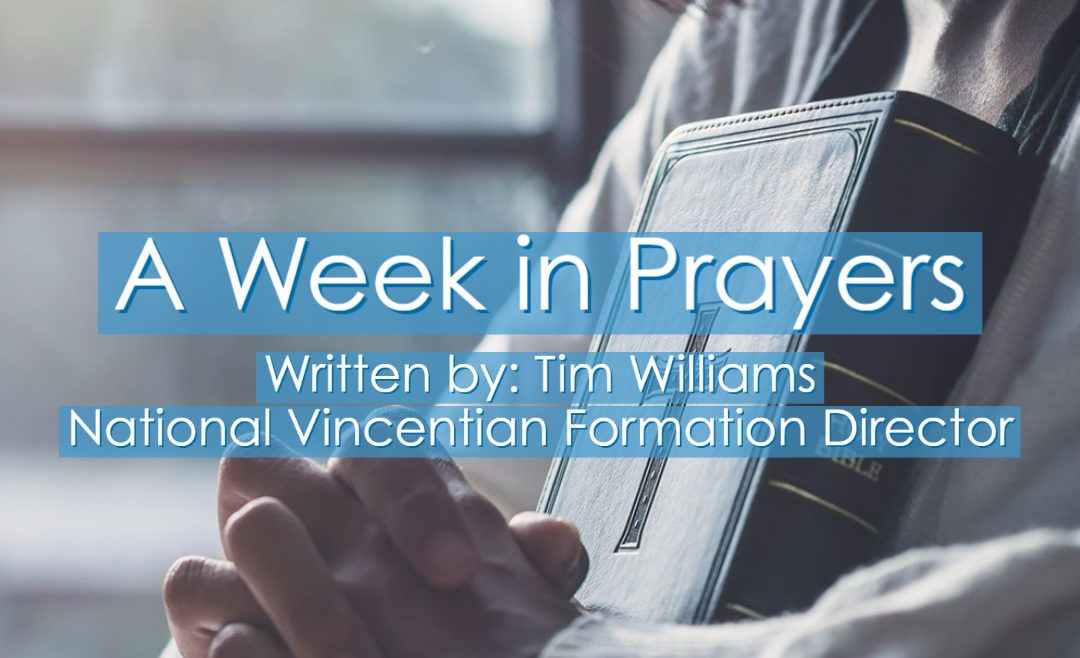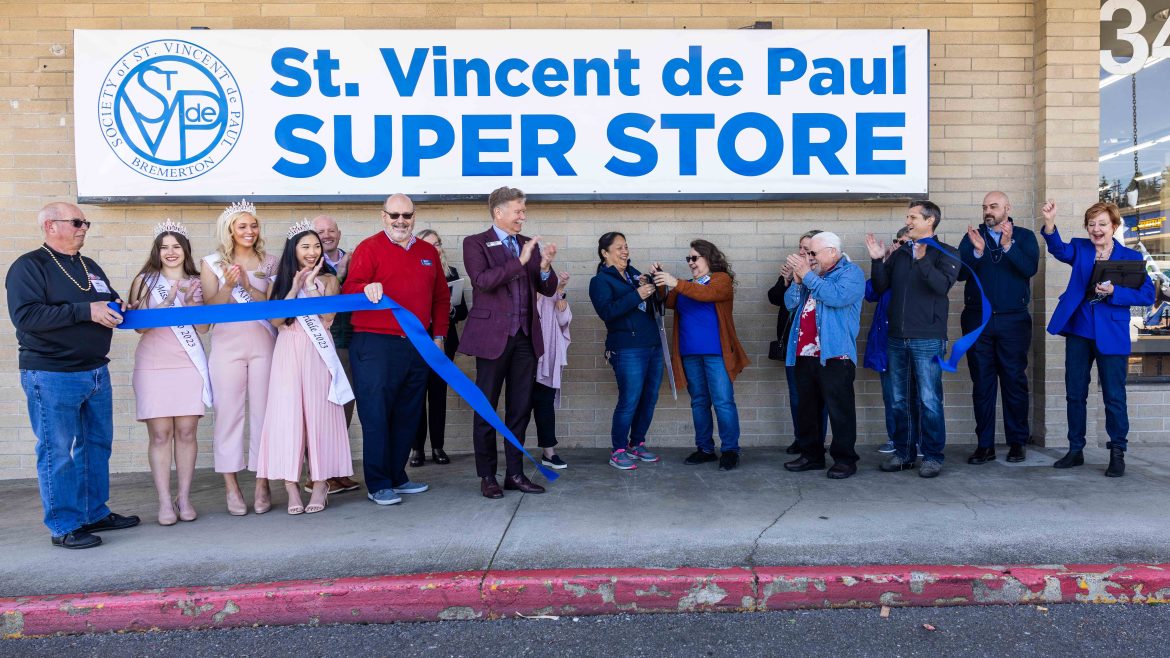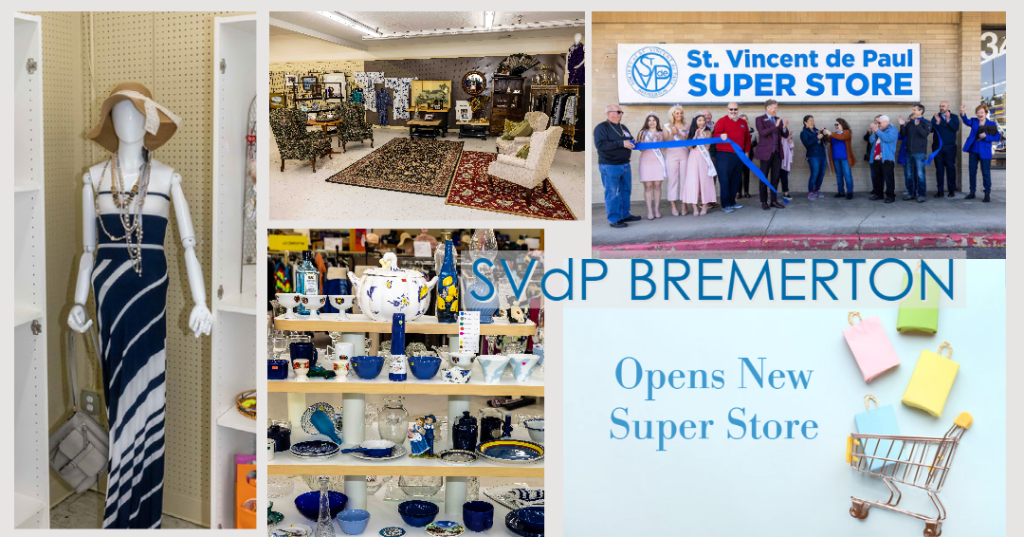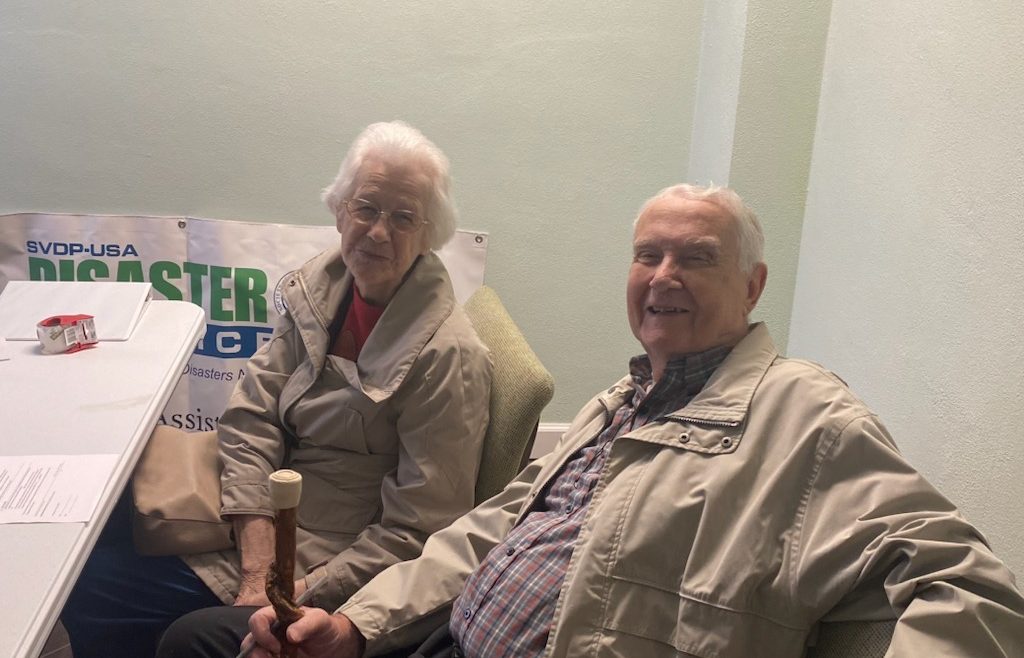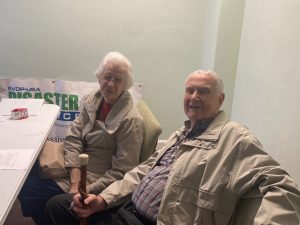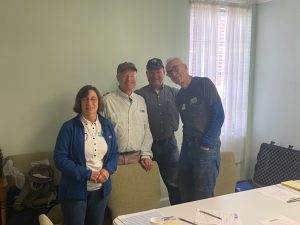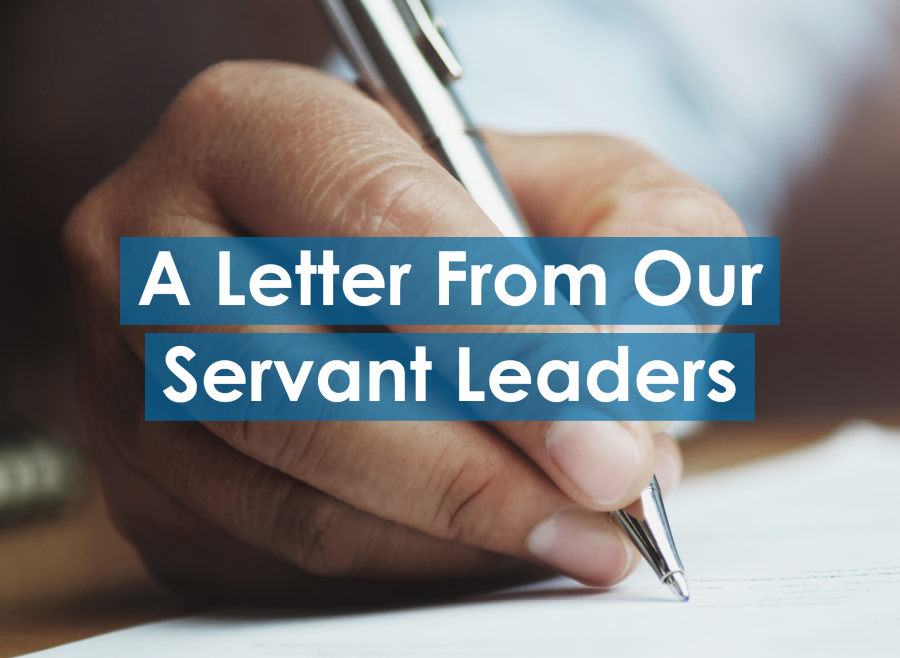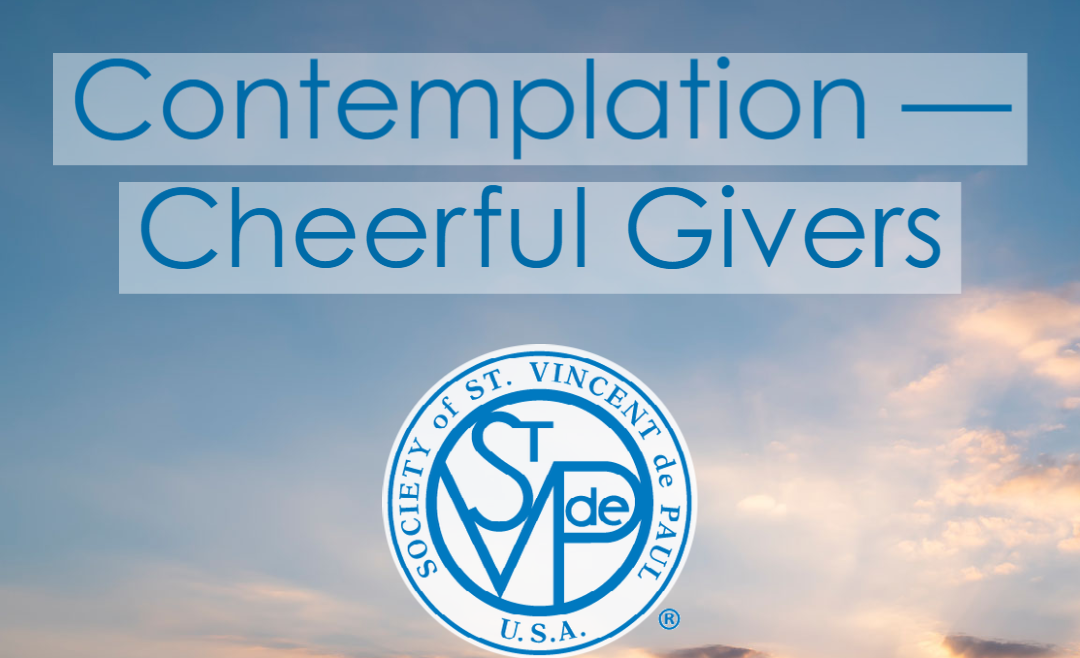Monday, May 1
Open my heart, Lord Jesus,
Empty me of myself.
Take away all that worries me,
And all that troubles my mind.
Take away all of my triumphs,
And all victories of this world.
Empty me of myself, O Lord,
That You may live in me,
And I may live in You.
Amen
Tuesday, May 2
Heavenly Father,
Your love is like the dewfall,
Covering the earth like a blanket
During each night’s darkness,
And rising in the growing light
To be the very air I breathe.
On this path, O Lord,
May Your light guide me
And Your truth lead me,
As I seek to follow Your way.
Amen
Wednesday, May 3
In everything I do, O Lord,
In everything I say,
Let me be Your instrument.
Do not let my own hesitation,
Selfishness, or worry
Stand in the way of Your love
Shining forth through my smile
My manner,
And my actions.
Amen
Thursday, May 4
Lord, help me to bear wordless witness;
To proclaim Your truth by living my faith.
May my neighbor come to know You
Through my acts of mercy and love,
In the name of Your son Jesus Christ.
Amen
Friday, May 5
O my Jesus, forgive me.
In Your mercy, make me whole.
Measure out Your mercy,
As I have measured mine,
Knowing, as I do, that it is You
I serve in the neighbor.
Amen

